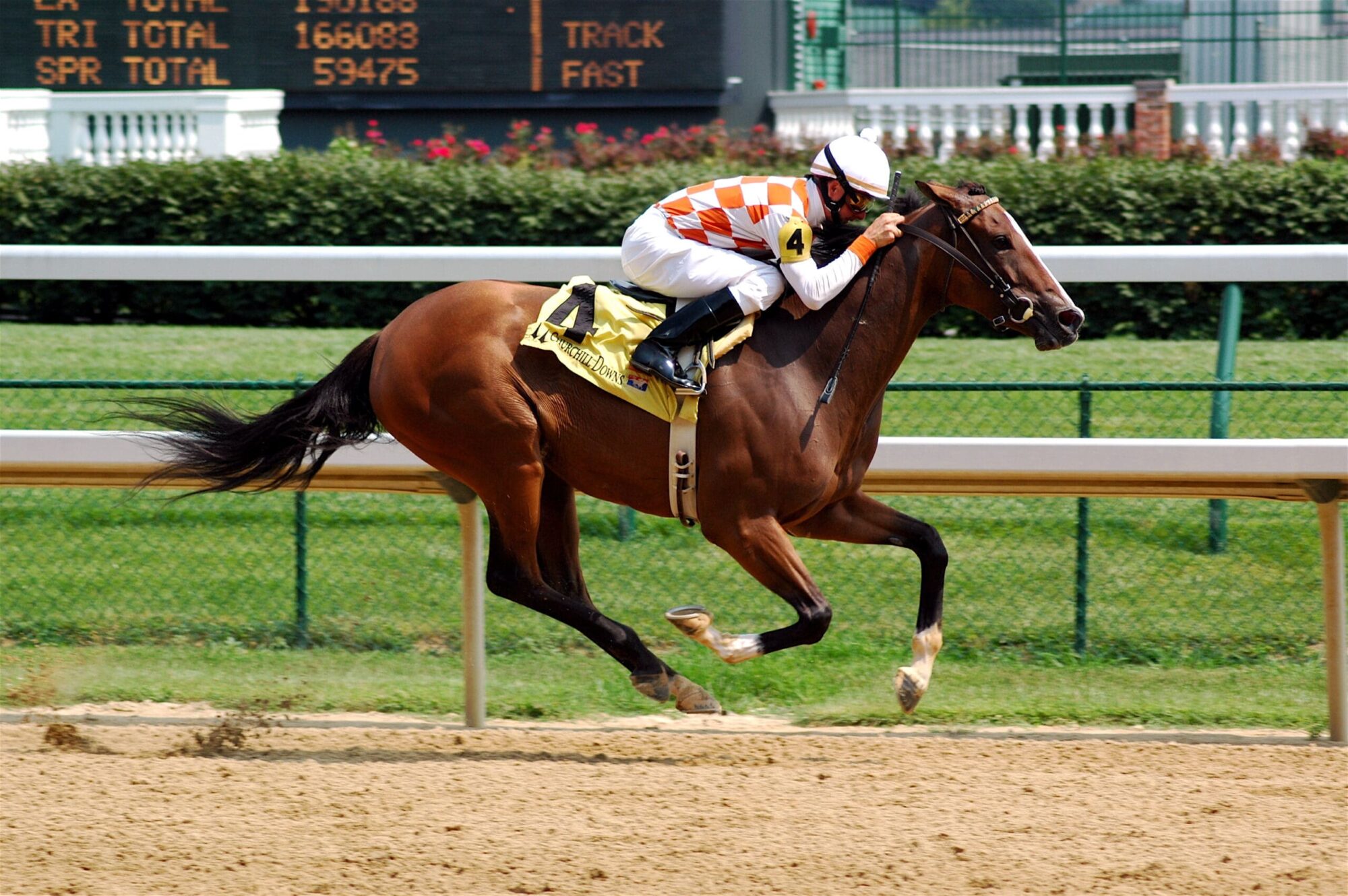In apparent defiance of state law, an internet platform is providing an avenue for Texans to participate in online sports betting. While other states have been quick to take the company to court, Texas has not.
Kalshi is a platform that allows individuals to purchase event contracts, a highly liquid investment asset, on a Designated Contract Market (DCM). Users can bet on political, economic, and cultural outcomes, among others.
On the website, event contracts are presented as binary options for individuals to wager on their prediction of the outcome of an event, including sports events. The winning prediction receives a payout upon the expiration date.
In case filings from a federal lawsuit in New Jersey, Kalshi explains the “contract’s value is determined by market forces, which means its price fluctuates from the time of its creation to its expiration based on perceptions about the event’s likelihood.”
Kalshi offers gateways for citizens in multiple states to participate in this practice. This includes Texas, where the practice is illegal.
Kalshi argues that because their platform facilitates trading in the open investment market, they are only subject to the Commodity Futures Trading Commission (CFTC), a U.S. government agency that regulates the U.S. derivatives markets. Therefore, they assert, Kalshi is not subject to state gambling laws and regulations.
According to legal filings, Kalshi has been openly flouting other states’ gambling bans. And while public officials in those states have responded. Texas has yet to send a cease and desist letter or to sue Kalshi.
Multistate Lawsuits
Maryland, Nevada, and New Jersey have taken Kalshi to federal court for breaking their state gambling laws.
Kalshi contends that the Commodity Exchanges Act, passed by Congress, supersedes all state gambling laws, but only when narrowly applied to trading on DCMs.
New Jersey stated in its case filings that Kalshi is incorrect in their claim that the platform is exempt from state gambling laws due to the CFTC’s jurisdiction on market regulation.
“CFTC’s jurisdiction does not include wagers based on the outcome of athletic events and, even if it did, that would not preempt state gambling laws under any theory of express or implied preemption,” asserted New Jersey in its brief.
There’s also the question of CFTC’s impartiality.
Nonprofit organization Texans Against Gambling found that the incoming chairman of the CFTC is a board member of Kalshi.
Ohio Attorney General Dave Yost (R) also takes issue with Kalshi. In an amicus brief, he argued that gambling is a police power reserved to the states. Yost explained that states that have legalized sports betting have extensive regulations and consumer protections in place, while some states, such as Texas, have outlawed gambling.
The brief also expresses concern that companies that do not meet these regulations may turn to DCMs to bypass those regulations and operate in states where gambling is outlawed.
“I just don’t really know what this has to do with gambling … if we are gambling, then I think you’re basically calling the entire financial market gambling,” Kalshi CEO Tarek Mansour told Axios. “In our markets, you’re trading in an open financial marketplace. You’re trading against other people … if you go to a traditional model, you’re betting against a sportsbook. They’re setting the odds, and they make money if you’re losing money.”
Included as evidence in the brief, Kalshi advertised on the social media platform Instagram as a way to legally bet on sports during March Madness in California and Texas.
“Online sports betting, while convenient and entertaining for many, comes with life-altering consequences for some. Thus, depriving the States of the power to regulate naturally increases the dangers to a vulnerable population of citizens,” Yost stated in the brief.
Risks of Gambling
Texans Against Gambling, a nonprofit organization that lobbies in Texas to prevent the spread of gambling, also submitted an amicus brief agreeing with Ohio’s attorney general that courts have habitually recognized that the right to regulate gambling belongs to the states, as it is an addictive activity.
This brief mainly highlights the public interest as an essential factor to consider before granting a preliminary injunction, specifically, public health.
The organization mentions that among the health risks associated with gambling are cardiovascular disease, hypertension, dementia, parkinson’s, severe depression, anxiety, and substance use disorders.
Citing a health expert, the brief notes, “There is extensive documentation that major sporting events can increase the risk of heart attacks. The added stress of gambling on the outcome surely worsens these harms to public health, and the high emotional attachment by fans of professional sports makes sports gambling a toxic combination.”
Youth is also mentioned the impact on young adults as a concern in the brief, highlighting that Kalshi’s advertising on social media to those under 21 exploits the particular vulnerability of an undeveloped mind.
Online sports betting is prolific among younger populations, according to research.
Research from Springer, a global research publisher, demonstrated in a study that young people who have gambling problems may be more likely to bet in response to advertising.
Another study conducted by the National Collegiate Athletic Association (NCAA) showed roughly 60 percent of 18-22 year olds have participated in at least one sports betting activity. Of the group that cannot legally gamble, 56 percent participated in gambling.
Research also showed that almost 70 percent of 18-to 22-year-olds who live on a college campus and are pursuing a degree are bettors and place bets more frequently.
The National Council on Problem Gambling, a national nonprofit organization that seeks to mitigate gambling-related harm, warns in its published research that children and teens are at higher risk than adults of developing gambling problems. Researchers estimate that “the annual national social cost of problem gambling is $14 billion.” Costs include gambling-related criminal justice and healthcare spending, as well as job loss, bankruptcy, and other consequences.
Arnold Ventures, a philanthropy that funds research to advocate for policy reforms at all levels of government, is soliciting proposals for causal research on the impact of legalized sports betting. Recently, the foundation partnered with the American Institute for Boys and Men to host an event about the evidence base and policy options of online sports betting, calling for more research on the impact of legalized sports betting.
Texas Culture
Opposition to gambling has long been ingrained in the Lone Star State’s culture.
Included by the drafters of the Texas State Constitution, which was ratified in 1876, Tex. Const. art III §47 calls for Congress to pass legislation outlawing gambling.
Attempts have been made by state lawmakers to legalize gambling, but they’ve come up short. In 2023, State Rep. Jeff Leach (R–Allen) authored a proposed constitutional amendment, House Bill 1942, which aimed to legalize sports wagering in Texas.
Lt. Gov. Dan Patrick expressed opposition to the bill in an X post, citing “little to no support” from Senate Republicans.
It passed in the House, but then died in the Senate, and no attempt to legalize sports betting was made in 2025.
The Office of the Attorney General and Kalshi did not respond to a request for comment.
No ads. No paywalls. No government grants. No corporate masters.
Just real news for real Texans.
Support Texas Scorecard to keep it that way!





